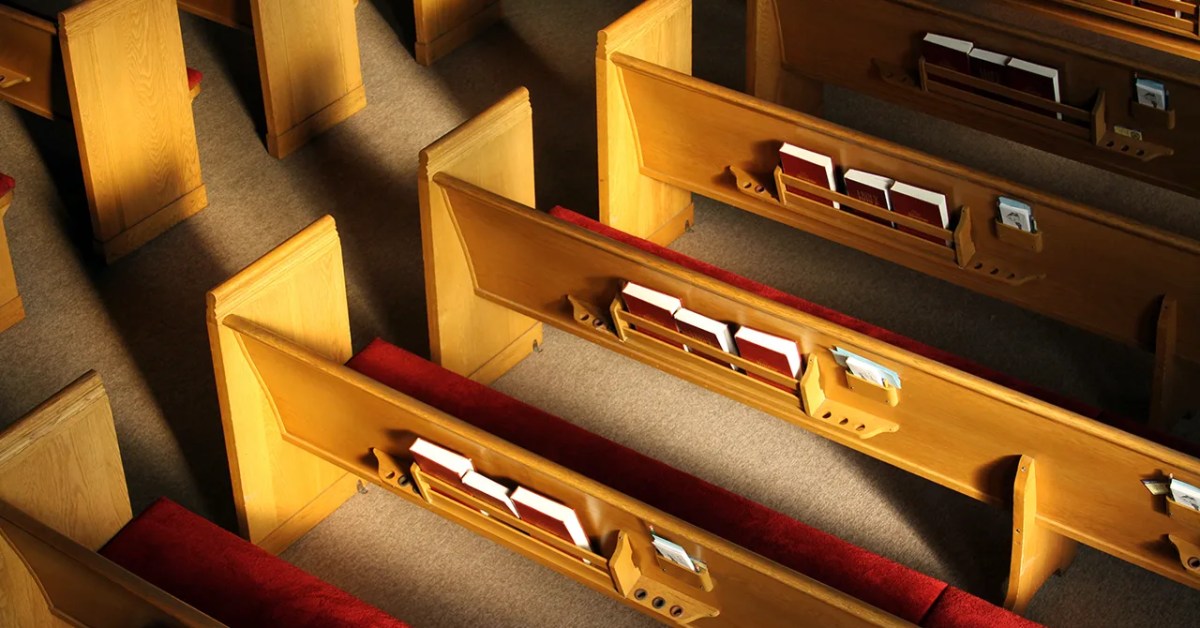- Joined
- Jun 13, 2005
- Messages
- 61,635
- Reaction score
- 25,735
Religious 'Nones' are now the largest single group in the U.S.
The Pew survey is hyperlinked in the text excerpt above, but here it is again directly:NPR said:When Americans are asked to check a box indicating their religious affiliation, 28% now check 'none.'
A new study from Pew Research finds that the religiously unaffiliated – a group comprised of atheists, agnostic and those who say their religion is "nothing in particular" – is now the largest cohort in the U.S. They're more prevalent among American adults than Catholics (23%) or evangelical Protestants (24%).
Back in 2007, Nones made up just 16% of Americans, but Pew's new survey of more than 3,300 U.S. adults shows that number has now risen dramatically...
Most Nones believe in God or another higher power, but very few attend any kind of religious service.
They aren't all anti-religious. Most Nones say religion does some harm, but many also think it does some good. Most have more positive views of science than those who are religiously affiliated; however, they reject the idea that science can explain everything.

Religious ‘Nones’ in America: Who They Are and What They Believe
28% of U.S. adults are religiously unaffiliated, describing themselves as atheists, agnostics or “nothing in particular” when asked about their religion.
This was for the last century the foundation of American conservatism. But Trump, while he waves around a Bible, can't expound on a single story within it. Even his supporters know he doesn't care about Christ, and isn't sincerely religious. This reflects the deeper truth. If religion was a centerpiece of the culture wars...the liberals are winning it. Even where they might lose the battle of an election, they prevail in this underlying war, as conservatives are the ones radically transforming, not vice versa.
I count among the "Nones" myself, and yet I'm apprehensive about what this might entail. When I was younger, I would have been elated to read this news. Felt that it was some kind of victory. Now...I'm uncertain. And fearful, I must admit. Change is dangerous. It can bring about great improvements, but also rapid declines.

